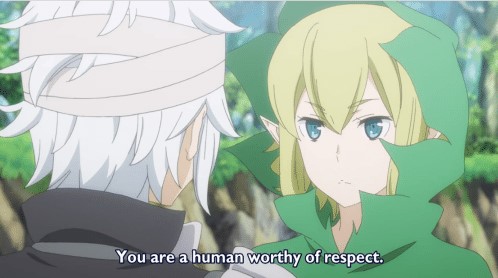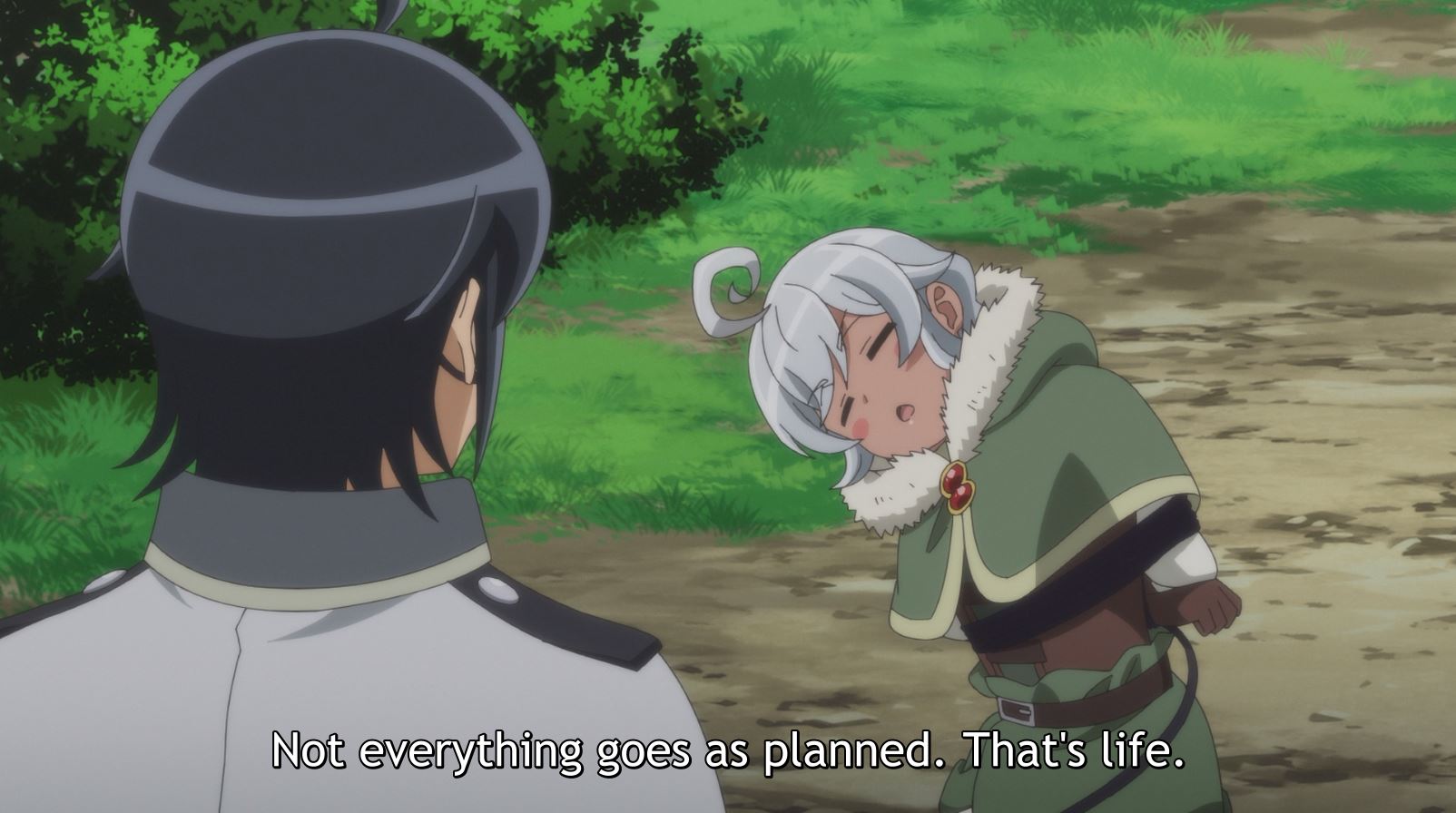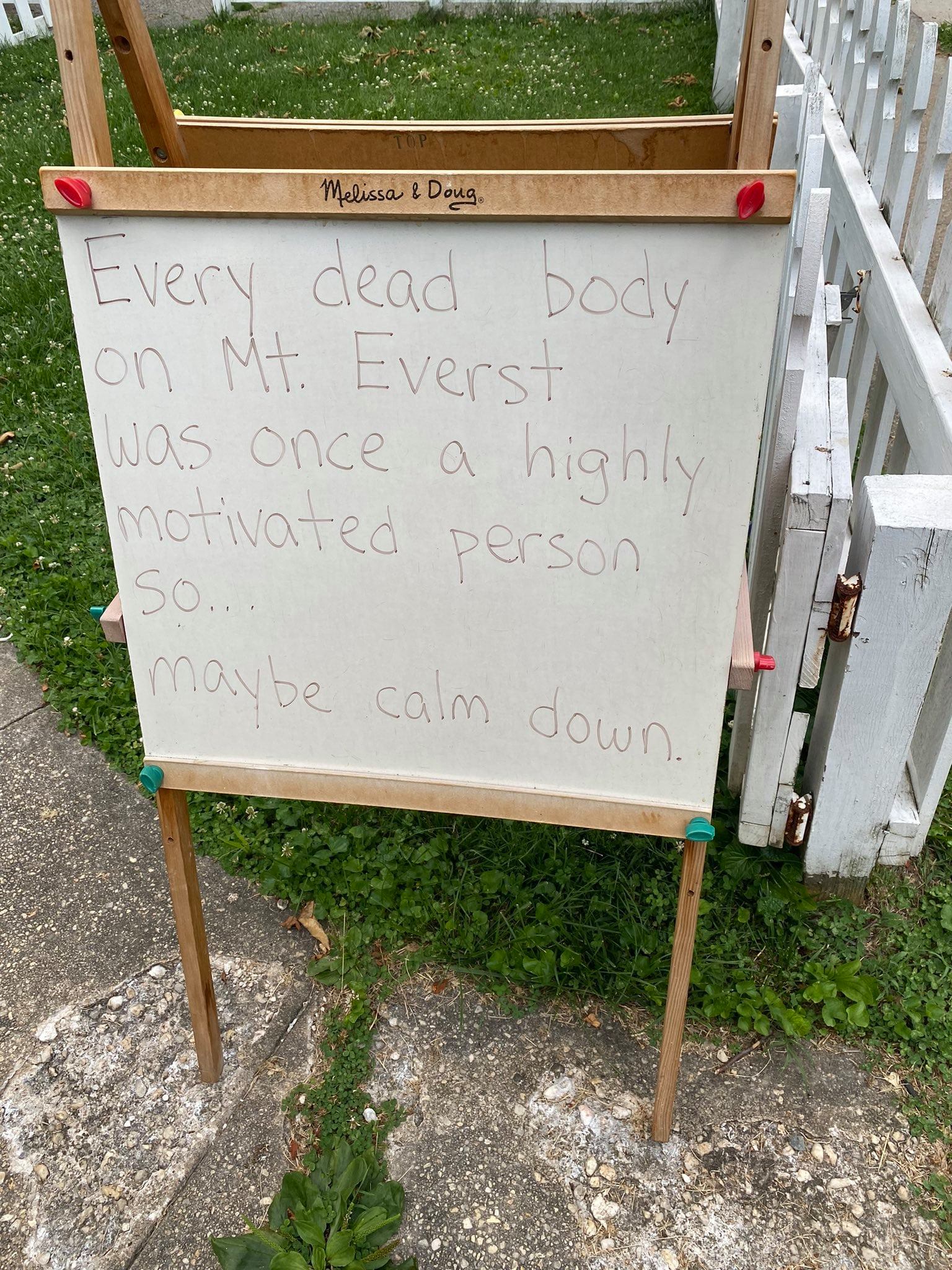My job is that of a shift leader. To describe simply, I manage a team of 7 staff on my shift. Together with my team we manage about a group of workers as we work towards a certain objective. There are 2 ways to get to my position – the first being having graduated from a university and get parachuted right into a mini-leadership position, the second being starting from the lowest rank and work yourself up to where I am now.
Right off the bat when I joined the organisation I am already 2 levels higher than the workers we manage, and 1 level higher than the subordinates in my team. Although this is not my first job, but it also does not deny the fact that I was parachuted into a supervisory position simply because I have a piece of paper which my subordinates do not have. Similarly, my subordinates are 1 level higher than the generally uneducated workers we manage. This gives people a false sense of pride and ego, especially for people in similar circumstances as me. Right out from school you are a mini-leader, in a position in which you hold certain power and influence. As time goes by, I have seen many with an inflated sense of pride and ego. I am somebody. I have the power. I am not like the other lower mortals.
In many other companies in the private sector, especially those in bigger and well-known companies, staff in these companies tend to bask in some form of glory too. Be it from the envy of the personal circle, or in their dealings with other smaller companies, from their position they do hold a certain influence, and perhaps some others who want to do business with their companies will go the extra mile to get on their good side.

But if we look closely at each of these people, whether it is me or others in the MNCs, many of us are very normal people. Normal people with normal capabilities. Many people mistook success as capability, and often misunderstood being average as being incompetent. While this logic does hold some truth, using this benchmark is not fully accurate.
I once came into contact with an arrogant self-proclaimed entrepreneur. His arrogance was off the charts. Having graduated from Cambridge University, he told us that the key to success in business was to persist. Fail once, try again. Fail twice, try again. He proudly stated that he failed 3 times before succeeding, wishing for us to be in awe of his tenacity. But all of us around him had only one thought: his family (not him) was rich enough. Capable enough to study in Cambridge, yes. But his family had to be rich enough to send him overseas, pay for his university fees and living expenses. Failed in business 3 times? Any one of us would crumble under either the weight of debt or get our savings wiped out if we were sane enough not to borrow any money, if we failed just one time. Him failing 3 times and getting up only proved that his family was rich enough to cover his failures and to back him up again.
There was another person I know who had to work very hard. Born in a poor family by irresponsible parents who insisted on a baby boy and got it on the third attempt, and faced with gender discrimination by her own parents, the resources her family provided her was only a fraction of what her brother received. From daily food to education, from daily household expenses to child rearing when she had her own child, every aspect of her life saw her sacrificing herself as all the family resources were re-directed to anyone else but her. She did manage to survive and now is doing averagely compared to her peers. Not too good, not too bad.
Just as a side note: Blood ties may be the strongest iron chain of them all.
Using the above two examples, perhaps we can see that both are just about average people. The rich man’s son made mistakes, and so did the woman in poverty. Both make mistakes in their lives and in their careers. But if you have the resources, your mistakes can be covered, you can learn from it and jump back up at double speed, then learn from past mistakes and grow. If you do not have enough resources, one mistake will take everything away from you. You have little or no chance to climb back up even if you learnt from your mistakes.

Now, to the most important question. How does it affect me? How do I apply this knowledge?
First, we need to look at our own situation. What is the true extent of our capabilities? Am I where I am now because of the platform I am in? If I get out of this platform, would I really do well? Let me give one very real example that happens to people around me.
Tom is a manager in a Government organisation and he frequently deals in project management, which is also a very common thing. Every project he did was a success, and his team had the recognition from the bosses. Whatever the kind of event Tom was asked to do, he did it well. From organising a charity run to planning for company dinner, he could always did what he was supposed to, within the budget, within the timeline, and exceeding expectations in terms of work quality.
One day Jerry asked Tom if he ever thought to set up his own event planning company (or whatever he was good at doing) outside, since he could plan so well and his team so capable. The whole team could go out and do something on their own where the big monies are instead of hanging around in an Government organisation taking a fixed, slightly above average salary. Afterall, there were many others in different organisations, across units and departments who did the same thing. Build the network and get the experience while on the job, go out, set up a business and away from the nonsense of being a salaried worker.
On first look that seems to be a very sensible thing to do. However Tom replied that if anything, he knew very well he was incapable. Being in a Government organisation, the very organisation he is representing is already marked as a default credible organisation. The management approves a budget, all he needs to do is to take the money and get a particular task completed on time. If he needs to engage a logistics company, he only needs to choose the best from within the industry, the company which has the most competitive advantage, the one who survived and pushed down all the others in the cut-throat world of business. His job is to ensure that he picks the right company, set a clear direction and objective on what needs to be done, and monitor progress when required. This company, having taken his money and wishing to have future collaborations, will certainly do what he requires to and do it well. This logic applies to every other company he engages – from F&B to retail malls, from property management companies to equipment suppliers.
While Tom certainly does have certain attributes that ensures his success, he knows very well that should he go out to set up his own business, he will not be the one engaging the best of the companies. He will be competing against the very best in the harsh environment of business. He will be dropped from ‘the one with the spending power’ to become ‘the one who must get deals from those with the spending power’. From choosing the best to get things done fantastically well, he must now opt for partner companies who can get the job done sufficiently well even if he must push and worry about the status reports everyday, because hiring the very best cost money, and that eats into his revenue and profits. He knew very well that he and his team were fragile plants protected in a greenhouse, not a plant which will survive and do well in the jungle.
Tom knows his place very well. But many others do not. I have seen many who had a mistaken judgement of their own capabilities, thinking that they have done well in the past for all the projects under their charge. This not only applies to people in Government organisations, but in big private companies as well, where the standing of the company they represent immediately gives them credibility and appeal to many others who would like to sign a deal with their company. Their job is to spend money the company’s money and get things done. These people, having misjudged their situation, naively thought they could achieve success outside, and hence made the wrong call.

I am not saying that one should stay forever in the greenhouse. The jungle is big, and for all its risks it certainly has its fair share of rewards. But just like opening a physical retail shop takes much into consideration, starting a business requires not only proper planning, resources, foresight, tenacity, but above all to be able to manage unforeseen circumstances which may throw you off. If one asks me what is the most important capability of a leader, I would say it is his ability in crisis management. Everyone can sing song and be happy when things are going well, but when unforeseen circumstances come and crisis hit you hard, how you are able to adapt and make correct decisions in a tense and urgent situation with little information is critical in deciding whether you live or die.
Yet, those who live in the greenhouse are only tested on the level of minor ripples, not typhoons and big rains like those in the jungle. Should one really want to go out to the jungle, that is a commendable effort. But one should always get a good grasp of his or her abilities and what he or she should expect to face. Upon ample preparation and sufficient awareness, then one can step out and expect within a reasonable probability, that success will be achieved.
Many of us would like to think that we have some sort of superpower. That we could achieve what others could not, and that the sky is the limit for us. But that is the false hope which the companies gave us, the brainwashing pep-talk to make us work as hard as we can for the company as we believe that one day we will reach the sky. Unfortunately for the majority of us, we will never leave the ground, much less soar to the sky. But accepting that one is average and facing the reality is also something which many of us could learn from. There are 7 billion people in the world. What makes us different from the other 7 billion? Yet, recognising that one’s capabilities are average need not mean that one condemns himself to be the average. These are 2 totally different things.
By making the correct decisions, one is able to extract the most value by doing what one can. For example, working in the Government sector is the best value I can get compared to anywhere else. That does not mean I do not have dreams of success. By saving money, I do what I can to preserve as much resources as I am able to. Then by doing proper financial planning, I slowly grow and accumulate my resources over time. If need be, one can also do side business. If you are doing a side business while holding on to a main job, one can afford to test out the jungle while being mainly protected in the greenhouse. Of course, there will be many who disagree on this last line of mine.
Know yourself. Do what is appropriate for your level. By doing what you can do, you will be able to extract the most value of your situation. Then step by step, with the capabilities of an average man, climb up to where the above averages are.
Showing 1 - 2 out of 2
Page 1 out of 1
| - | Resources | Price | |
|---|---|---|---|
|
|
$5.00
|
||
|
|
$1.00
|

